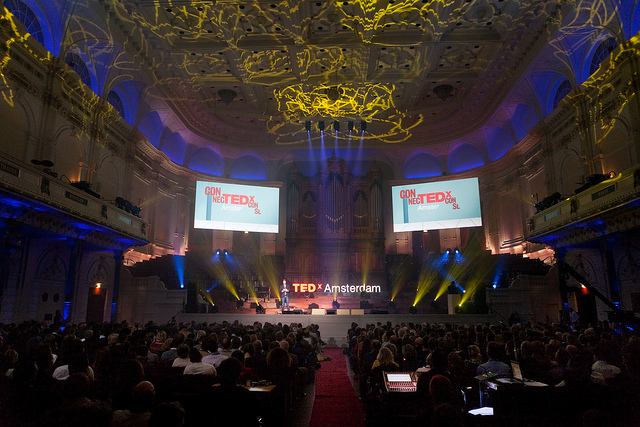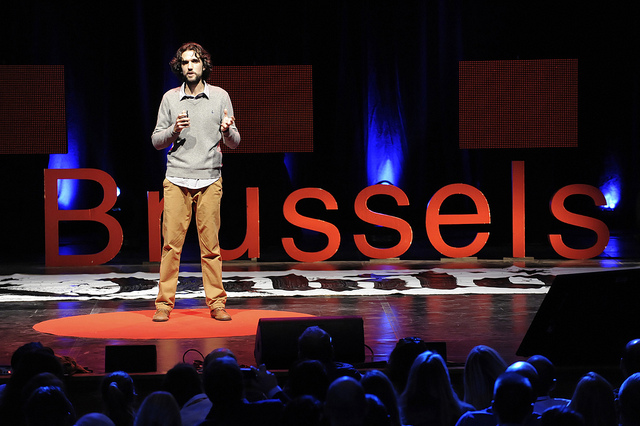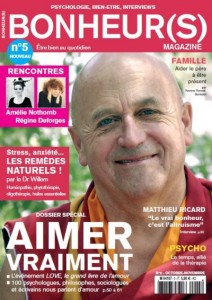There is something magical about TEDx events. Two weeks ago, TEDxBrussels kicked off my TEDx autumn. And last Wednesday, TEDxAmsterdam was something truly special. I don’t want to say too much about all the talks here – all my articles are on the TEDxAmsterdam site, and my fellow blogger Bibi Veth made an amazing visual storyboard.
Instead, I’d like to share a couple of videos that show the humour, flow, wit and power of our speakers. TEDx speakers are people with amazing stories and know how to package a good idea in a captivating talk. As a listener, you can only stay silent in awe during the rollercoaster of ideas, energy and surprises.
Humour: Fons Trompenaars
Fons Trompenaars clearly is a gifted public speaker and applies a healthy dose of ironic remarks, often aimed at himself in his speech. It certainly works with a Dutch audience. In addition, the cultural differences and prejudices he refers to make a good laugh.
Flow: Benno Naaijkens
Every year, TEDxAmsterdam organises the TEDxAmsterdam Award to use its platform to bring great ideas closer to reality. This year’s winner is Benno Naaijkens. He delivered his speech seconds after he heard he had win, and is evidently extremely nervous (it has been cut out from the video, but he started with a nervous “Can you imagine… oh, fuck!”). Yet, during his speech, he forgets about the polished lines he had rehearsed, gets into his flow, and makes his call for support in a very authentic fashion.
Wit: Floris Kaayk
Floris Kaayk is an artist. He has a natural sense of creativity over him. In a brilliant, witty talk talk, he talks about a even more brilliant project by Jarno Smeets, an ordinary Dutchman with one dream: to fly with birdwings.
Passion: Jimmy Nelson
Photographer Jimmy Nelson’s wants to conserve the traditions of human civilisations all over the globe. In his book ‘Before they pass away’, he documents the lives of isolated tribes. Thanks to the personal stories he tells and the amazing pictures he shows, as a viewer you can personally feel his passion.
Power: Mona Eltahawy
Bam! Mona Eltahawy’s talk is like a storm, blowing you away with her energy and persuasion in her mission to bring sexual freedom to Arab women.



